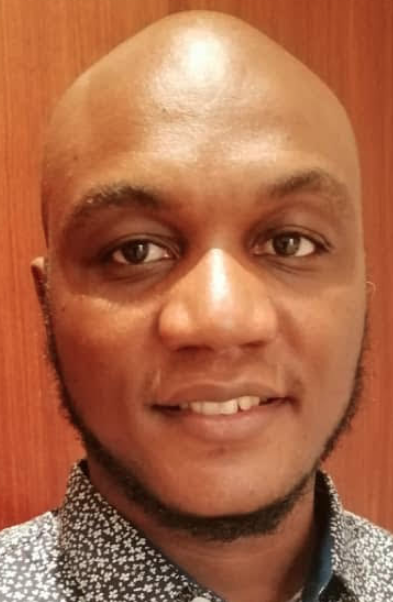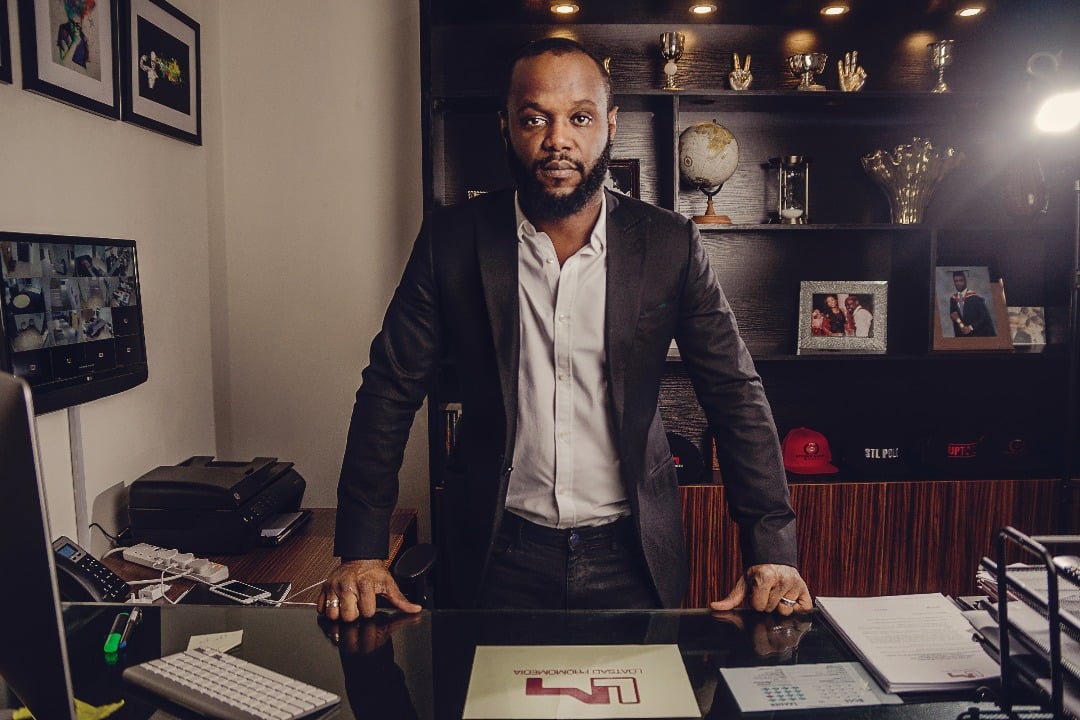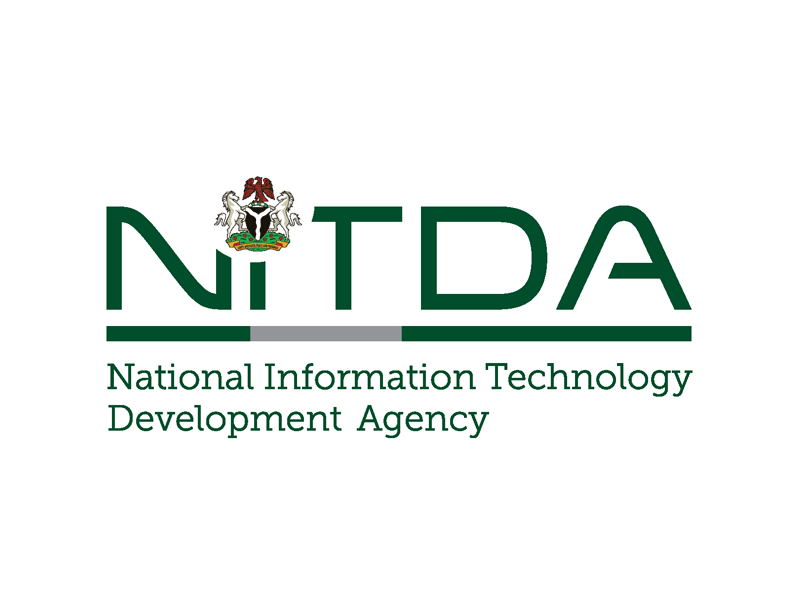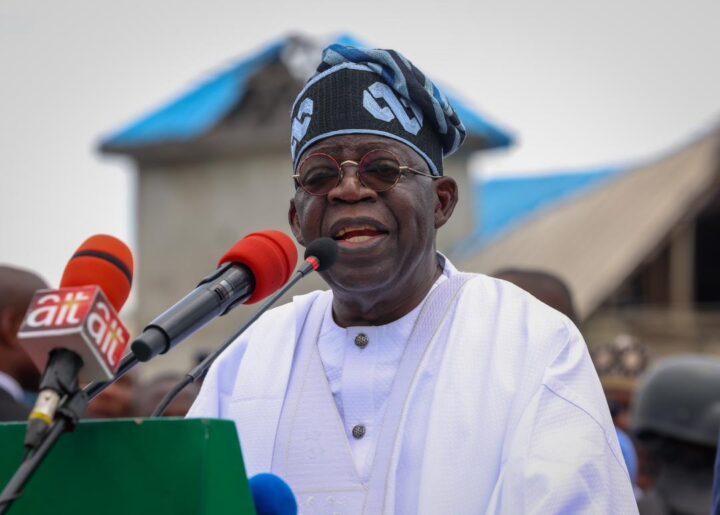It would be easy to mistake a news report for a horror movie on Netflix upon hearing that police have found over 100 bodies in a forest near a fringe church in eastern Kenya. The church’s pastor has been arrested on suspicion of encouraging his disciples to starve themselves to reach God. Unconfirmed reports suggest that some of the deceased may be Nigerian.
This is not the first instance of religious leaders turning religion on its head for their selfish interests. Last year, a pastor in Kaduna demanded that his congregation pay him N310,000 for a flight ticket to heaven. He subsequently took the money and brought them to a location in Ekiti State, telling them it was the takeoff point for their heavenly flight. In Zimbabwe in 2019, Pastor Tito Watts and his wife, Amanda, were arrested for selling tickets to heaven to church members for $500 (N181,000), claiming that the tickets would enable them to enter heaven without facing judgment.
It is evident that Karl Marx had Nigerians and Africans in mind when he said that religion is the opium of the people. Scammers often pose as pastors or imams to gain people’s trust and increase the believability of their scams. This is why politicians in Nigeria often play the religion card to divide the populace, although it is a scam.
So at my level, I will vote for a candidate because my pastor tells me to. Not possible. Are we asking the right questions? What is the antecedent of the candidate, is he kind? does he have empathy? is he competent and is he accountable? those are the questions we should be asking and not whether we share the same faith. Only a few people have learned to see through this and are not swayed by religious affiliations when it comes to voting
Advertisement
Some religious leaders openly endorse political candidates, which can be viewed as unethical. In my opinion, a man of God should remain neutral and keep his or her preferences to themselves. I know nobody is neutral, we all have our interests but a man in that position should keep his preference to himself. In your congregation, do you have supporters of different political parties or do you reject gifts or offerings from the party you don’t support or do you accept all offerings?
However, they should criticize the government’s bad policies in a non-partisan manner and pray for them. The last presidential election highlighted the fault lines of ethnicity and religion in Nigeria.
It should not be the clergy’s place to predict election outcomes or cry foul when their predictions do not come true. Don’t you think if you heard from God, no amount of rigging will stop his prophecy from coming to pass? People now use their personal interests and package them as prophecies.
Advertisement
When it comes to issues of religion, there is no difference between a PhD holder and an illiterate. The illiterate may even reason more rationally than the PHd holder.
Despite having the biggest churches and mosques, Nigeria remains a hotbed of corruption. Many corrupt politicians, civil servants, lawyers, bandits, and terrorists identify as Christians or Muslims, yet corruption remains rampant in the country. Nigerians wear their religion as a badge of honour, yet they remain godless. If religiosity were a determinant of development, Nigeria would rank among the world’s top 10 most developed countries.
How do we get out of this sorry pass? people get so sentimental and common sense is thrown out of the window when issues of religion and its fanatism are discussed. Nobody is ready to bell the cat.
To change this sorry state of affairs, we need a total reorientation. The Christian Association of Nigeria and JNI should monitor errant religious leaders to ensure that a few bad apples do not spoil the entire flock. People should also read and study their holy books to prevent religious leaders from exploiting their ignorance. Sensible conversations about religious fanaticism are necessary to change Nigeria’s current trajectory.
Advertisement
Lawal Dahiru Mamman writes from Abuja and can be reached via [email protected]
Views expressed by contributors are strictly personal and not of TheCable.
Add a comment







